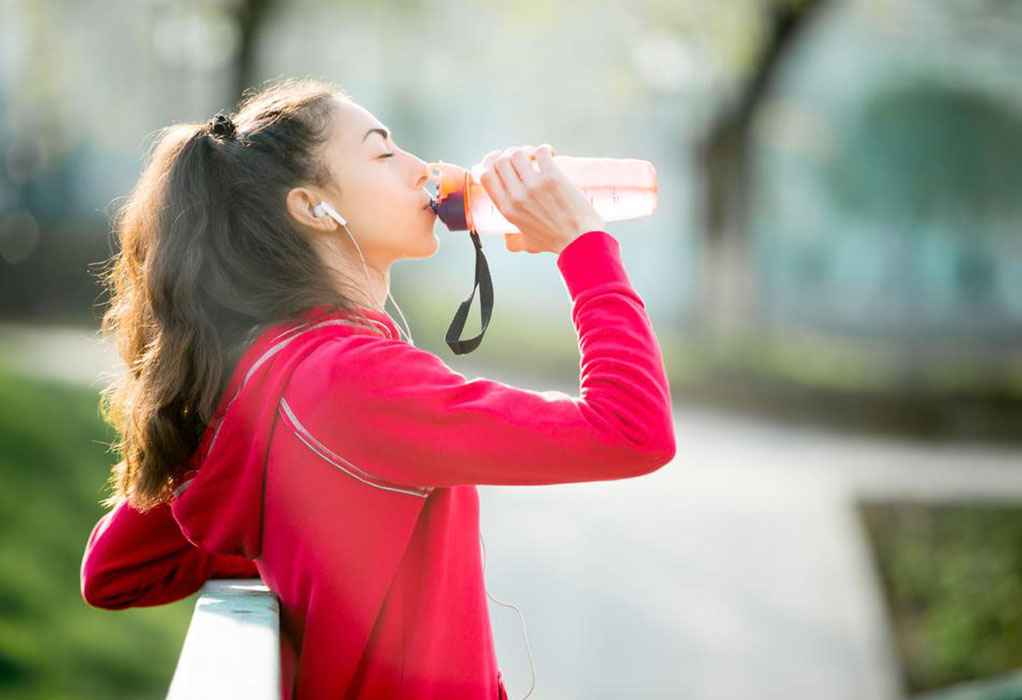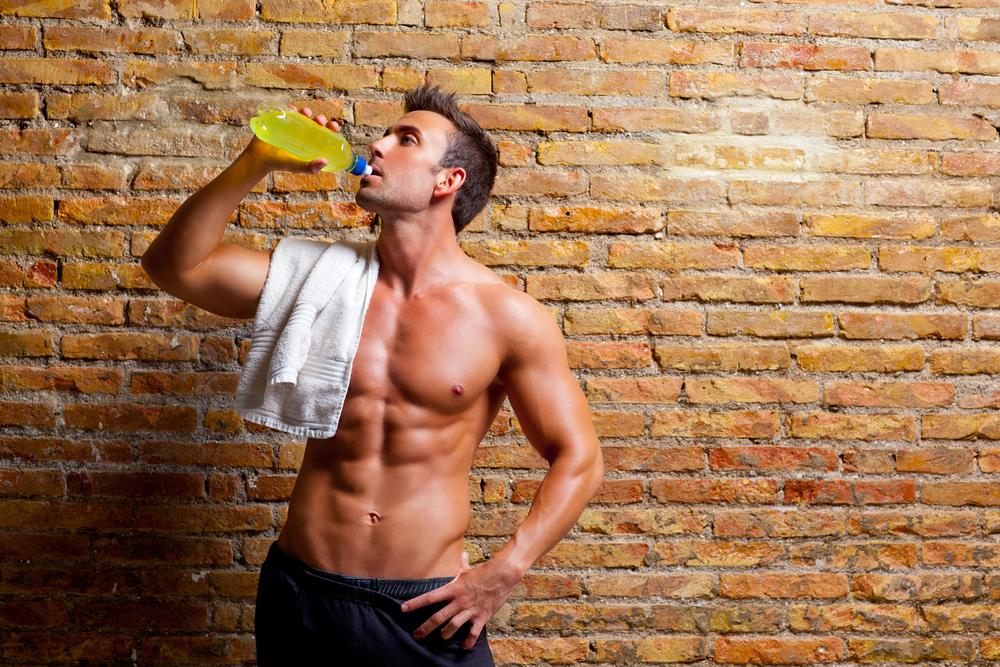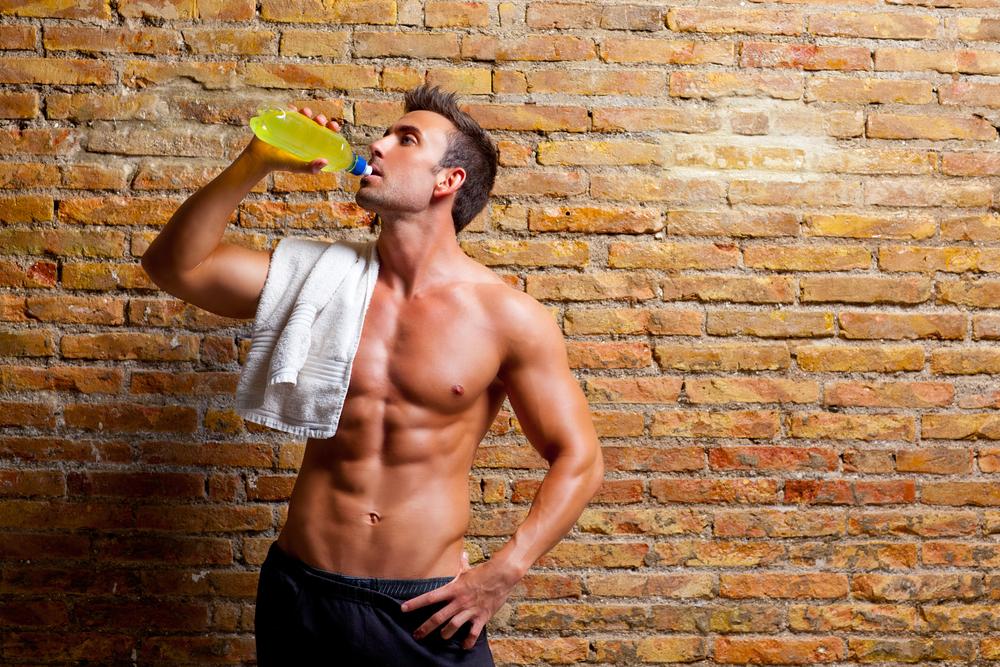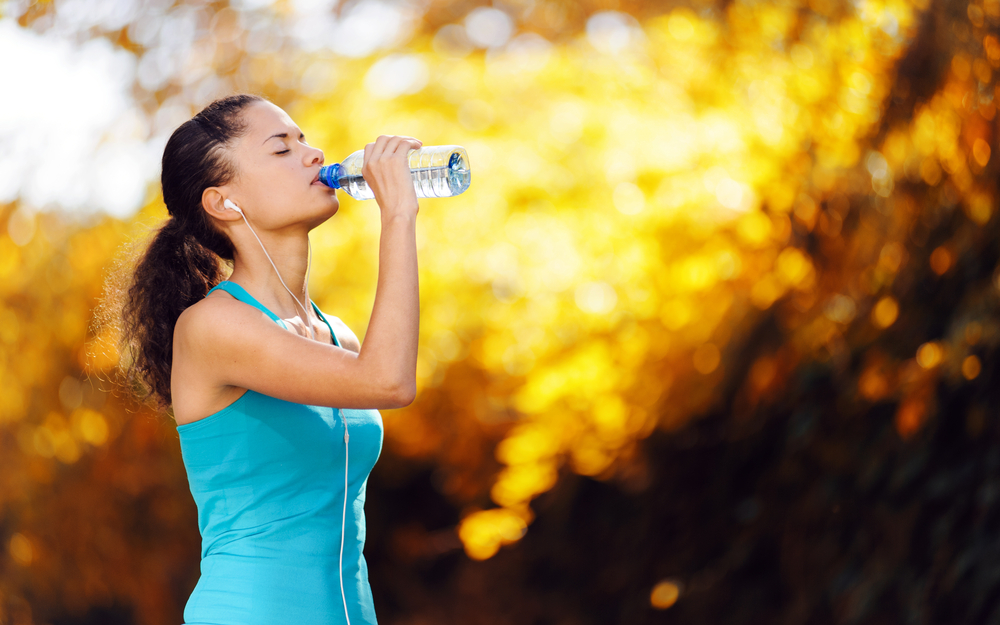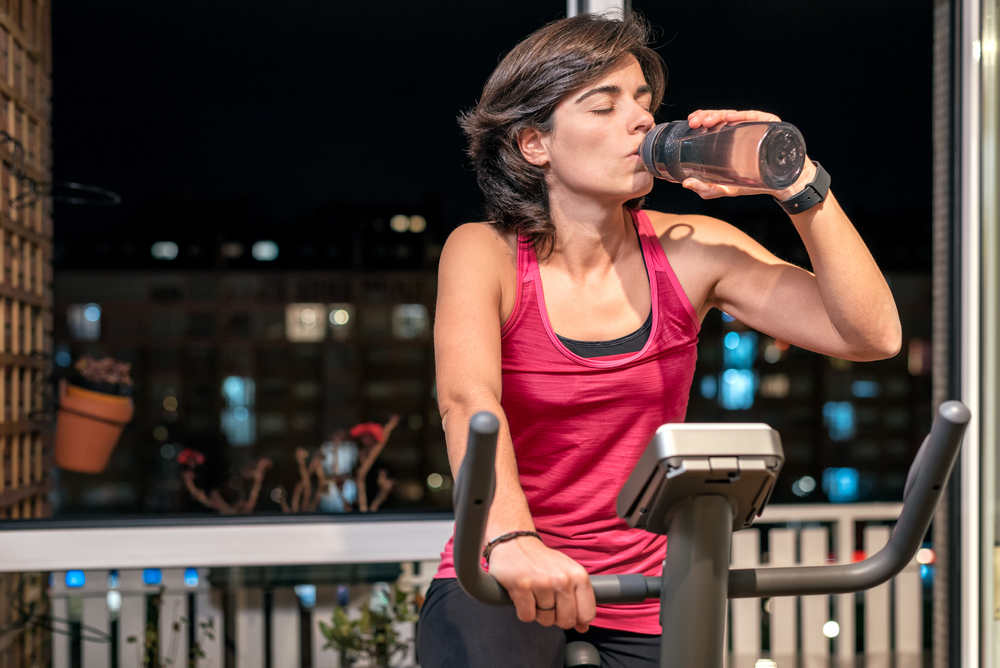Comprehensive Guide to Choosing the Best Commercial Electrolyte Drinks for Proper Hydration
This comprehensive guide explains how to select optimal commercial electrolyte drinks for superior hydration and recovery. It covers electrolyte composition, carbohydrate levels, health considerations, and top product recommendations. Whether you're an athlete or fitness enthusiast, understanding these factors ensures effective hydration and minimizes health risks associated with improper electrolyte intake. The article emphasizes the importance of choosing scientifically formulated beverages tailored to activity duration and intensity, helping users make informed decisions for better performance and health.
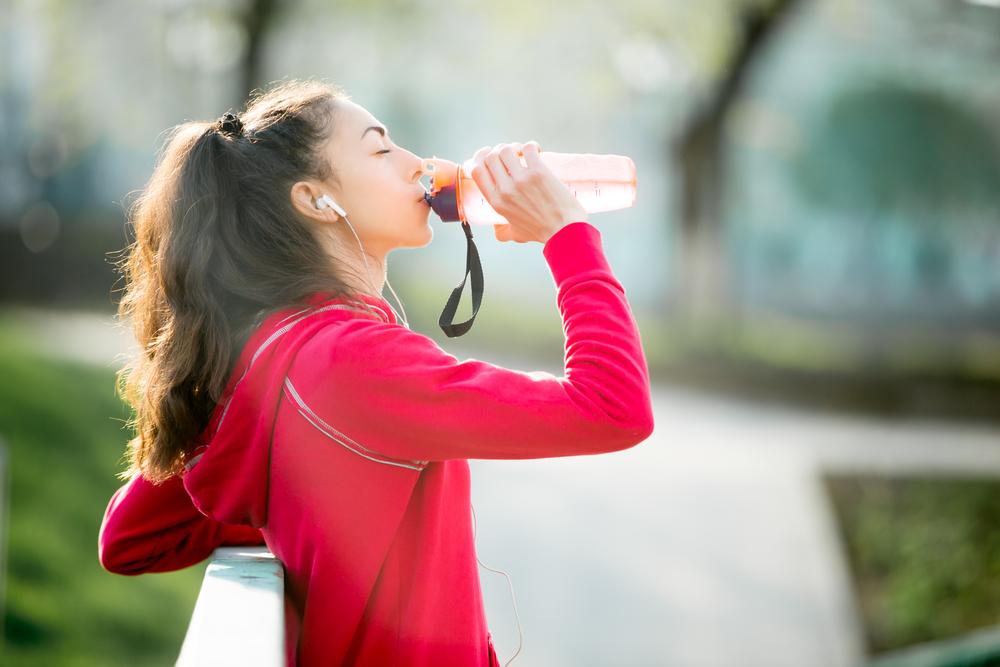
Expert Tips for Selecting the Most Effective Commercial Electrolyte Beverages
Electrolyte drinks, commonly referred to as sports drinks, are specially formulated beverages designed to replenish the minerals, fluids, and energy that are lost during intense physical activity. These drinks serve an essential function for athletes, fitness enthusiasts, and anyone engaging in prolonged or vigorous exercise. Proper hydration and electrolyte balance are critical for maintaining optimal performance, preventing dehydration, and speeding up recovery periods.
Typically, these beverages are rich in vital electrolytes such as sodium, potassium, magnesium, and calcium, which help regulate nerve function, muscle contractions, and fluid balance within the body. Alongside electrolytes, these drinks contain carbohydrates—most often sugars—that provide a quick source of energy during activity. During extended workouts or endurance events, the body's electrolyte stores can become depleted through sweat, leading to potential imbalances that may impair performance and recovery.
It is crucial to understand that simply drinking water after exercise might not be sufficient to restore electrolyte levels, especially after prolonged or intense physical activity. Overconsumption of water without adequate electrolyte replacement can lead to hyponatremia, a dangerous condition characterized by abnormally low sodium levels in the blood. Symptoms include muscle cramps, nausea, confusion, dizziness, and in severe cases, seizures. Using the right electrolyte drinks helps maintain the delicate mineral and hydration balance within your bloodstream, ensuring optimal recovery, reducing muscle cramps, and preventing dehydration-related health issues.
When choosing an electrolyte beverage, it’s important to evaluate its electrolyte concentration and overall composition. Not all sports drinks are created equal; some may be loaded with excessive sugars or artificial additives, which can negatively impact health. Therefore, opting for products recognized as the top-rated electrolyte drinks in the market is advisable for ensuring effective hydration and mineral replenishment.
Carbohydrate content in sports beverages should be balanced—not too high or too low. Ideally, the carbohydrate concentration should range from 6% to 8%, which translates to about 6-8 grams per 100 ml. Drinks with sugar levels exceeding this range can cause gastrointestinal discomfort or insulin spikes, while those on the lower side might not provide enough energy during prolonged activity. The best electrolyte drinks incorporate natural or minimally processed ingredients such as glucose, sucrose, maltodextrin, and small quantities of fructose to maintain this balance.
Sodium loss, which can be significant during extended periods of intense physical exertion, necessitates that your electrolyte beverage contain an adequate amount of sodium—ideally, at least 500-700 mg per serving—to promote sodium retention and prevent cramping. Potassium is equally essential, with recommended levels between 80-200 mg per serving, aiding in muscle function and preventing cramps. These electrolyte levels are critical for athletes engaging in activities lasting over an hour or during high-sweat sessions.
Dental health considerations should also influence your choice of electrolyte drinks. Sugary sports drinks can cause enamel erosion over time, especially if consumed frequently. To minimize dental risks, it’s advisable to limit contact time of sugary beverages with teeth. Using a straw or squeeze bottle for consumption helps reduce direct contact with the teeth. After drinking, chewing sugar-free gum can help neutralize acids and promote saliva production. Moreover, it’s recommended to avoid brushing teeth immediately after intake; waiting at least 30 minutes allows enamel to re-mineralize and prevents further erosion.
Nutrition experts generally recommend sports drinks primarily for activities extending beyond an hour, where electrolyte and carbohydrate replenishment become crucial. Overusing these drinks on shorter duration activities or in everyday hydration needs can lead to unnecessary intake of sugars, calories, and artificial additives, which may contribute to weight gain and other health issues. Therefore, always read labels carefully when selecting electrolyte beverages. Here are some of the leading options available in the market that combine efficacy with health-conscious formulations:
Gatorade: One of the most well-known brands, Gatorade offers a broad range of products including Original, Series 02 Perform, and Series Fit. These drinks are designed to provide a balanced mix of carbohydrates, electrolytes, and hydration support suitable for different levels of activity.
Jip fizz: A popular zero-sugar electrolyte beverage that has received positive reviews for its clean flavor profile and effectiveness in hydration without artificial sweeteners.
Powerade ION4: Crafted for athletes engaging in vigorous activities lasting more than 30 minutes, this drink replenishes electrolytes efficiently and supports sustained energy levels.
Vega Clean Energy: An all-natural, sugar-free beverage rich in antioxidants, vitamins, and plant-based ingredients aimed at boosting energy naturally without artificial additives.
Hi-Lyte Electrolyte Concentrate: A versatile concentrate option designed to support muscle recovery, replenish essential minerals, and maintain hydration throughout strenuous physical activity.
